Why Are Weeds Bad? What Do They Do to Your Lawn & Garden?
-
Pete Ortiz
- Last updated:
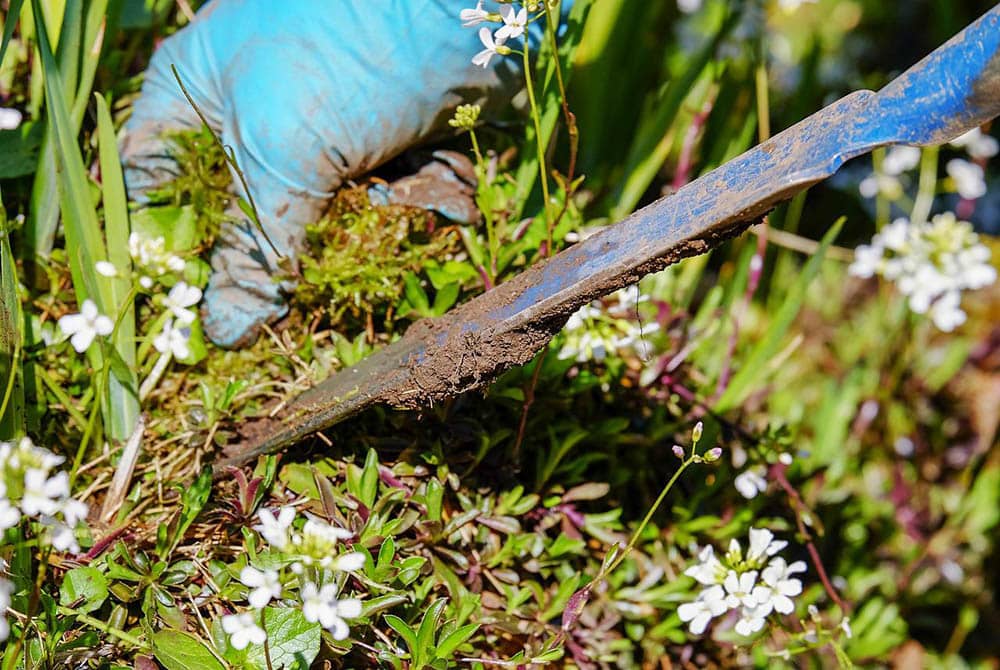
Weeds commonly appear in many gardens and lawns, and they can be hard to get rid of. Although many people believe that weeds are harmful to their plants and grass, that’s not always the case.
Depending on the variety of the weeds growing in your garden, they can be beneficial, but they can also cause issues. That’s why you should know how to differentiate different types of weeds and know if they’re harmful or beneficial.
We will try to familiarize you with the types of weeds and if they’re dangerous for your garden and lawn or not.
The 4 Reasons Some Weeds Are Bad for Your Lawn & Garden
Although people know that weeds can harm their gardens and lawns, some are still unsure of all the reasons why weeds are bad. If you want to know the most problematic issues you can experience with weeds, check them out below.
1. Taking Over Your Garden
If weeds appear in your garden or on your lawn, they will start growing, attempting to take over your garden. Some weeds can grow without putting other plants in danger. However, some can advance the growth of your plants. The bad weeds will try to fight your plants for water, food, and other necessities. As weeds spread rapidly, it can be hard to get rid of them.
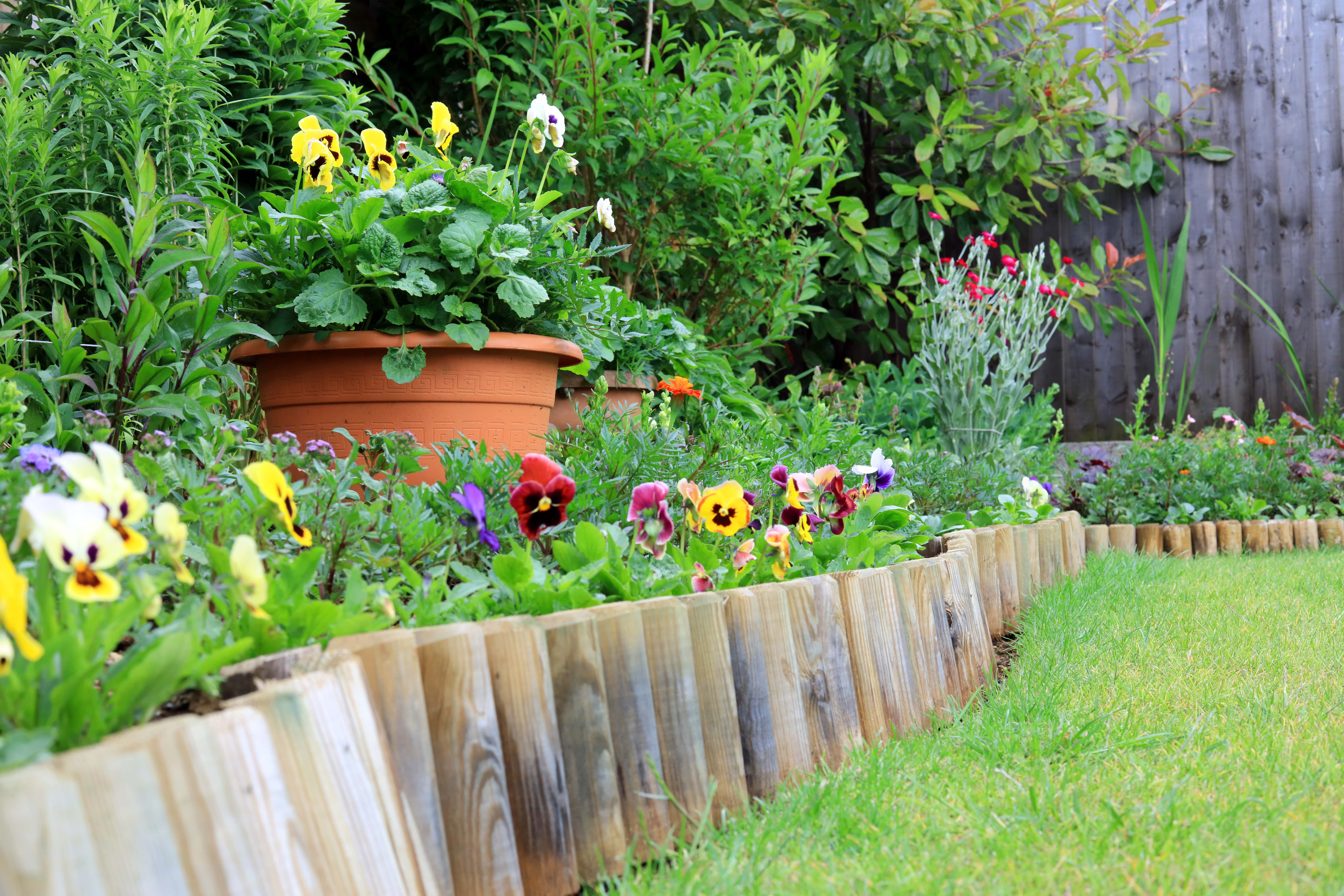
2. Making Your Plants More Prone to Diseases & Pests
As weeds attract pests and are prone to diseases, this will affect all your crops. They protect snails and create an excellent environment for pests during winter. There are also parasitic weeds that can attach to your plants’ roots to kill them. They can suck out all the nutrients from your plants, making them weak and leading to starvation, disease, or pest issues.
3. Stealing the Food Supply of Your Plants
All plants need enough sunlight, water, and nutrients needed to survive. That’s why the weeds in your garden will try to overtake your plants. Many varieties of weeds steal nutrients from the soil, stopping your plants from getting everything they need to prosper.
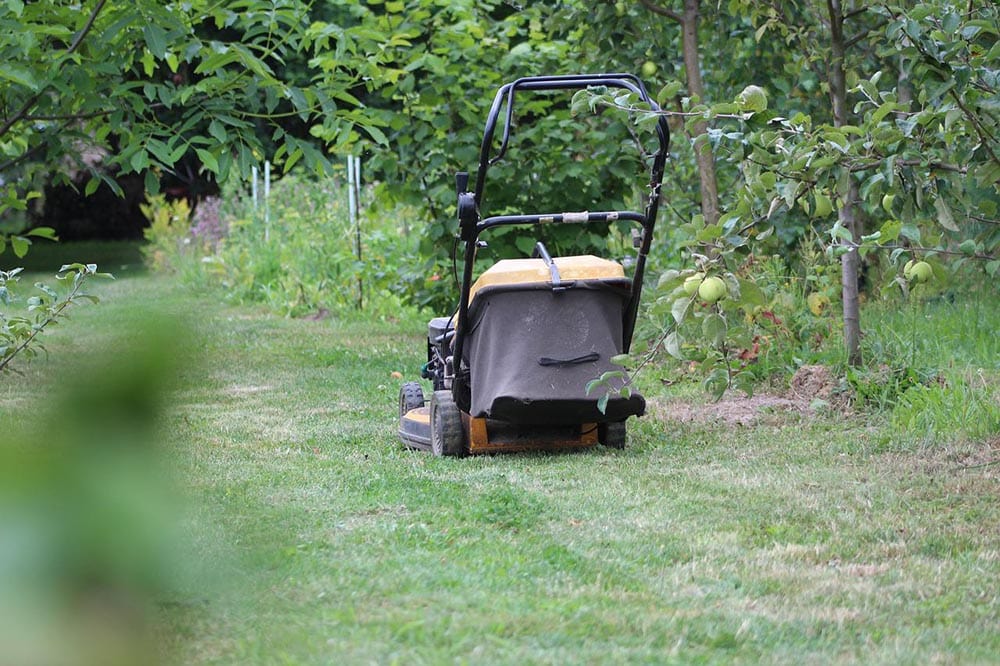
4. Looking Uninviting
Most people try to make their lawns and gardens as beautiful as possible, and weeds can ruin the whole aesthetic appeal of your outdoor areas. It’s another reason why you should keep them away from your garden.
Different Types of Weeds
Per the Weed Science Society of America, there are three main weed types:
- Common weed: Plants that can cause ecological damage and economic loss and create health issues in humans and animals. Also, many people consider weeds to be any plant that is undesirable in their garden.
- Noxious weed: These plants were put in this category by the state, federal or local authorities as they can represent a threat to agriculture, wildlife, and public health.
- Invasive weed: These plants establish and spread quickly in ecosystems that are not their typical range. Since they’re not growing in their natural environment, these plants don’t have enemies that will prevent them from spreading.
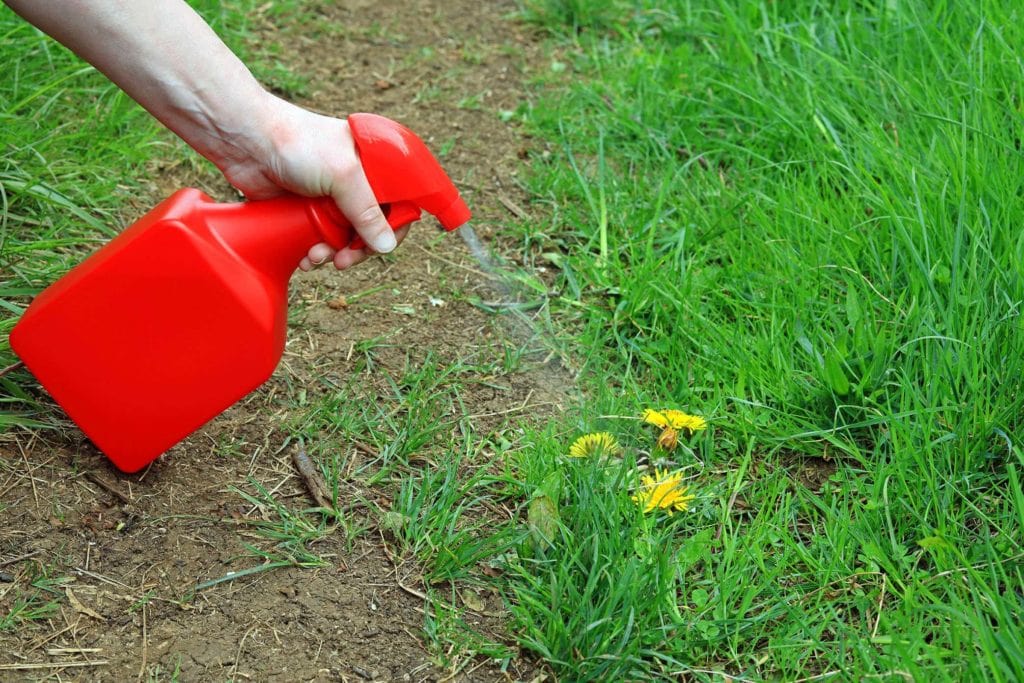
Weeds That Are Beneficial for Your Lawn & Garden
Typically, people believe that all weeds are bad, which is not always the case. There are multiple varieties of weeds that will make your soil richer and promote the growth of your other plants. Below are weeds that you can keep in your garden due to their benefits.
Dandelion
Dandelions can help your plants by boosting the soil and encouraging growth. Their root system absorbs nutrients from the soil and brings them to the top to allow other plants to absorb them. However, these plants spread quite quickly, so you should try to make a balance to prevent them from overspreading.
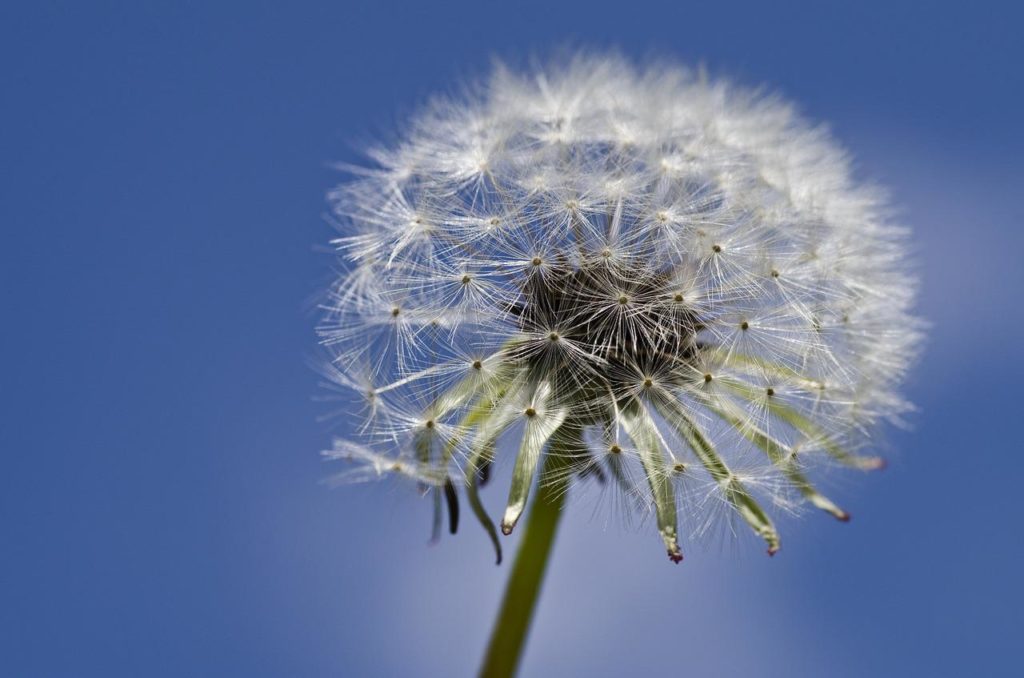
White Clover
White clovers can help you discover if your soil is low on nitrogen. Also, this plant gathers phosphorus and lets it out on the topsoil, and it’s excellent at attracting pollinating insects.
Weeds That You Should Remove From Your Lawn & Garden
Instead of being beneficial, some weeds will take over your garden and endanger your plants. You should prevent them from growing to ensure your plants will remain safe. Below are weeds you should get rid of as soon as possible.
Crabgrass
Crabgrass is a grassy weed you can notice on your lawn, especially during the summer. It can quickly take over your lawn and make a large ground cover. You should prevent this plant from growing by using herbicide on the lawn.
Chickweed
Chickweed is a common type of weed that spreads throughout North America. It grows in moist soils and is a typical host for many unwanted insects and pests. These plants are harmful, but they’re also easy to get rid of.

Tips to Prevent Weeds From Growing in Your Garden
There are various ways to prevent weeds from growing in your garden and lawn, and the best way is to stop them before taking root. Here are some helpful tips to lower the chances of weeds in your back and front yard.
- Use a chemical option: You can purchase pre-emergent herbicides as they will prevent weeds from germinating. It’s best to do this early in spring or after cultivation.
- Apply mulch: Mulch can add more appeal to your garden while stopping weeds from spreading. It helps plants by keeping the soil moist, creating an unfavorable environment for weed seeds to prosper.
- Practice regular weeding: You’ll grow fewer weeds by weeding your garden and lawn regularly. They can still appear, but they won’t produce in large quantities.
 Conclusion
Conclusion
As some weeds are bad and some help your garden/lawn, try to educate yourself about them and recognize them when they start growing. That way, it will be easier for you to decide which weeds you need to remove and which can keep growing without disturbing your other plants.
- “Can Weeds Damage Your Lawn and Garden”
- “5 Reasons Weeds Are Bad For Your Garden”
- “Your Weedy Lawn Is A Good Thing”
- “How Weeds Can Damage Plants in Your Garden & Yard”
- “Garden Weeds: The Good & The Bad — What to Keep & What to Get Rid Of”
- “Lawn Weeds: How to Deal with Them in Your Garden”
- “Benefits And Effects Of Weeds In Your Garden”
- “Weeds Guide: 8 Types of Weeds and How They Affect Your Garden”
Featured Image Credit: Couleur, Pixabay
Contents


